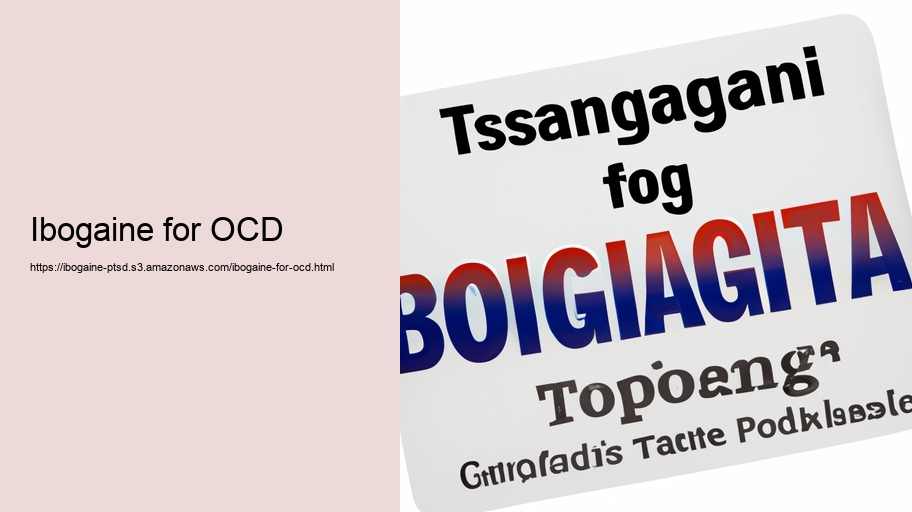Ibogaine, a naturally occurring psychoactive substance found in the African shrub Tabernanthe iboga, has captured the interest of both the medical community and individuals seeking alternative treatments for various psychological conditions. Among these conditions is Obsessive-Compulsive Disorder (OCD), a chronic and often debilitating mental health disorder characterized by intrusive thoughts (obsessions) and repetitive behaviors (compulsions). While ibogaine is primarily known for its potential to treat addiction, particularly to opiates, its application as a possible therapeutic agent for OCD has begun to spark curiosity and debate.
OCD affects individuals across different cultures and walks of life, causing significant distress and impairment in daily functioning. The traditional treatment approach combines cognitive-behavioral therapy (CBT), specifically Exposure and Response Prevention (ERP), with pharmacotherapy—usually selective serotonin reuptake inhibitors (SSRIs). However, not all patients respond well to conventional treatments; some continue to experience persistent symptoms or cannot tolerate the side effects of medication. It is within this context that ibogaine enters the conversation as an unconventional treatment option.
The exploration into ibogaine's effectiveness against OCD stems from its multifaceted action on neurotransmitter systems. Ibogaine influences several brain regions implicated in OCD pathology by acting on serotonin receptors, among other neurochemical pathways. By modulating these complex neural circuits, researchers hypothesize that ibogaine could potentially alleviate the compulsive behavior patterns associated with OCD.
Clinical research on ibogaine remains limited due to legal restrictions—it is classified as a Schedule I controlled substance in the United States—and safety concerns related to its use. Nevertheless, anecdotal reports have emerged from individuals who have sought out ibogainefor self-treatment purposes. Some report significant reductions in their OCD symptoms following treatment sessions with ibogaine; others note an increased sense of psychological well-being or even spiritual insights that contribute positively to their mental health journey.
Despite these personal accounts, caution must be exercised when considering ibogainefor any therapeutic purpose. Side effects ranging from mild (nausea, ataxia) to severe (cardiac complications) have been documented; thus it is imperative that further rigorous scientific studies are conducted before firm conclusions can be drawn regarding its safety and efficacy for treating OCD.
Moreover, there are ethical considerations surrounding access to substances like ibogainethat are not approved by regulatory bodies such as the FDA. Individuals seeking relief may turn to underground sources or travel abroad where regulations differ—choices that entail risks both legally and medically.
In conclusion, while intriguing stories about usingibogafor managing obsessive-compulsive symptoms circulate within certain communities advocating for psychedelic-assisted therapies, much work remains ahead before we fully understand its potential role in treating OCD. Iboga’s status as an entheogen—a substance used historically for spiritual development—adds another layer of complexity concerning our society's current views on drug policy vs. individual autonomy in pursuing mental wellness.
For those living with OCD who consider experimental avenues likeiboga due to dissatisfaction with existing options or unrelenting symptoms,I emphasize exercising thorough diligence: consult healthcare professionals knowledgeable about psychedelic substances; carefully weigh potential benefits against risks; remain mindful of legal implications; and above all else prioritize one’s own physical safetyand emotional wellbeing during such exploratory endeavors into alternative therapies.
